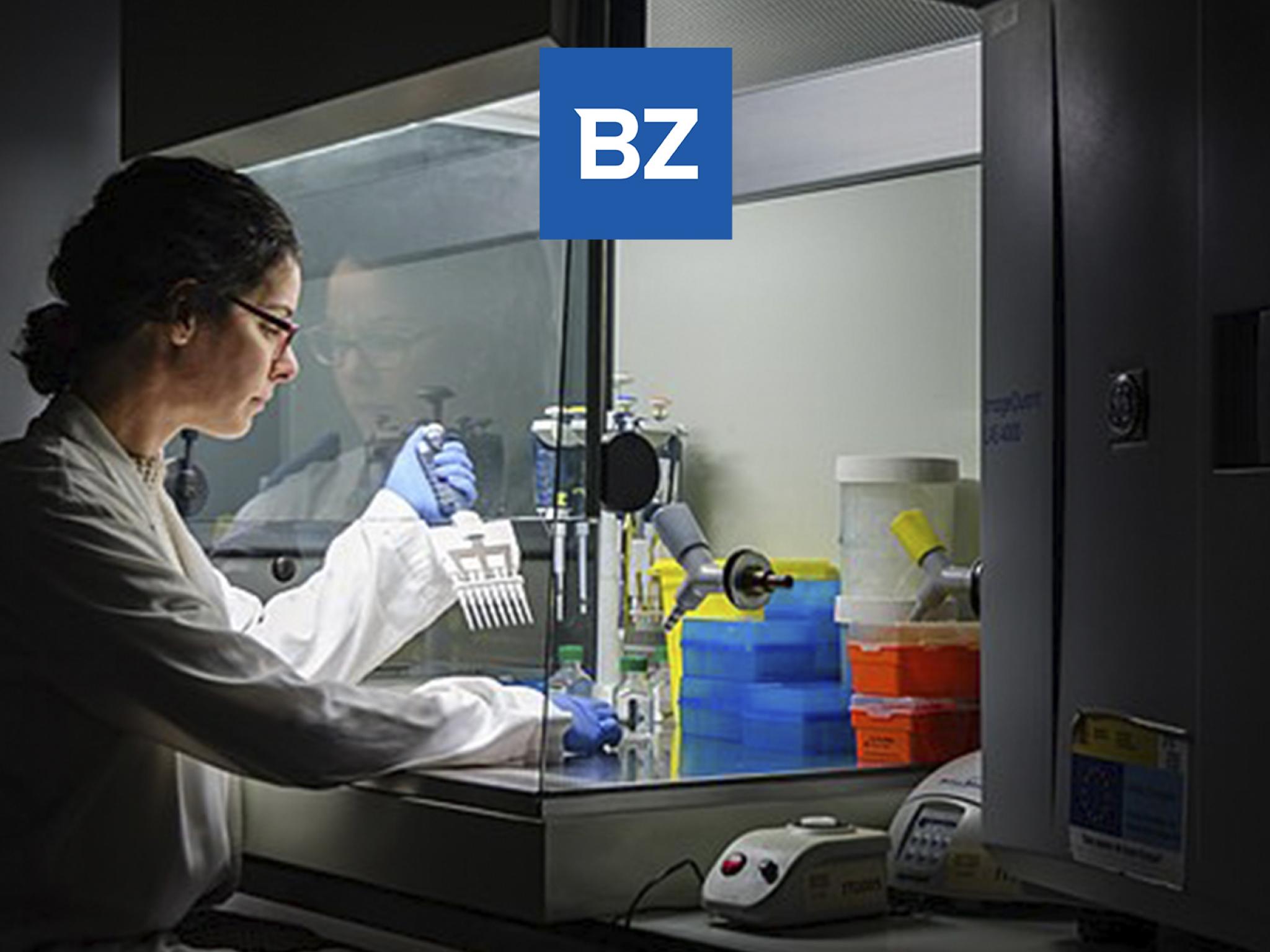
Nirvana Life Sciences Inc. (CSE:NIRV) is a Canadian-based life sciences company that develops novel therapeutic products derived from psychedelics to produce non-addictive solutions for opioid addiction treatment and ongoing pain management.
Nirvana has recently joined forces with Integrative Therapy Discovery (ITD) Labs of Italy.
Their joint preclinical study is aimed at determining the effects of psilocybin on the heroin-addicted brain of in-vitro rat brain cell line models as well as an in-vivo rat model on heroin self-administration and reinstatement of heroin seeking behavior following memory retrieval tests.
A Deep Look Into The Study
First, the in vitro rat brain cell line models. The immortalized rat hypothalamus cells (RCHT-1) were derived from the hypothalamus of a four-month-old Fisher Rat. The hippocampal cells (H19-7) derived from the rats' hippocampi were treated daily with heroin and psilocybin, alone or in combination.
The effect of heroin and psilocybin in reducing cell viability was evaluated in HT19-7 and RCHT-1 cell lines by daily administration. For the analysis, the percentage of cell viability was evaluated by a cell viability assay whose results showed a dose-dependent heroin effect in the RCHT-1 cell line with specific IC50 values. While in HT19-7 cell lines, no cytotoxic effects were observed at the concentrations used. Regarding psilocybin, similar results were obtained in cell lines with specific IC50 values and with both RCHT-1 and HT19-7 cell lines.
To gain further insight, heroin was combined with psilocybin at varying doses to evaluate the optimal combination for transcriptional study. The results showed that when used together at varying dosages, the combinations were not cytotoxic in either of the two cell lines.
Next is the study of the effect of psilocybin on heroin self-administration. The trial showed an overall effect that psilocybin combined with heroin had on certain behavioral models in both male and female Wistar rat populations. A preliminary experiment on the efficacy of psilocybin at preventing heroin relapse after cue memory reconsolidation was also conducted.
The Conclusions
The results suggest that psilocybin decreased the reinstatement of heroin seeking in female rats. The gene data evidenced in the study were subjected to a comprehensive academic search of available current literature and, although information regarding a correlation with psilocybin and opioid addiction was available, a transcriptome analysis for heroin and psilocybin and their co-combination has never been previously investigated.
The evidence-based data extracted from this study is therefore new and groundbreaking in the field of pharmaceutical addictions medicine and chemotherapy, offering insight for determining a better understanding of dependent doses and the molecular mechanisms involved in the potential modulation of heroin (or opioids in general) addiction and dependence.
Nirvana CSO Dr. Sazzad Hossain stated, "Our research team has over 100 years of combined academic and applied experience in the field of psychedelic science. I'm excited to see what they can do with this new information."







